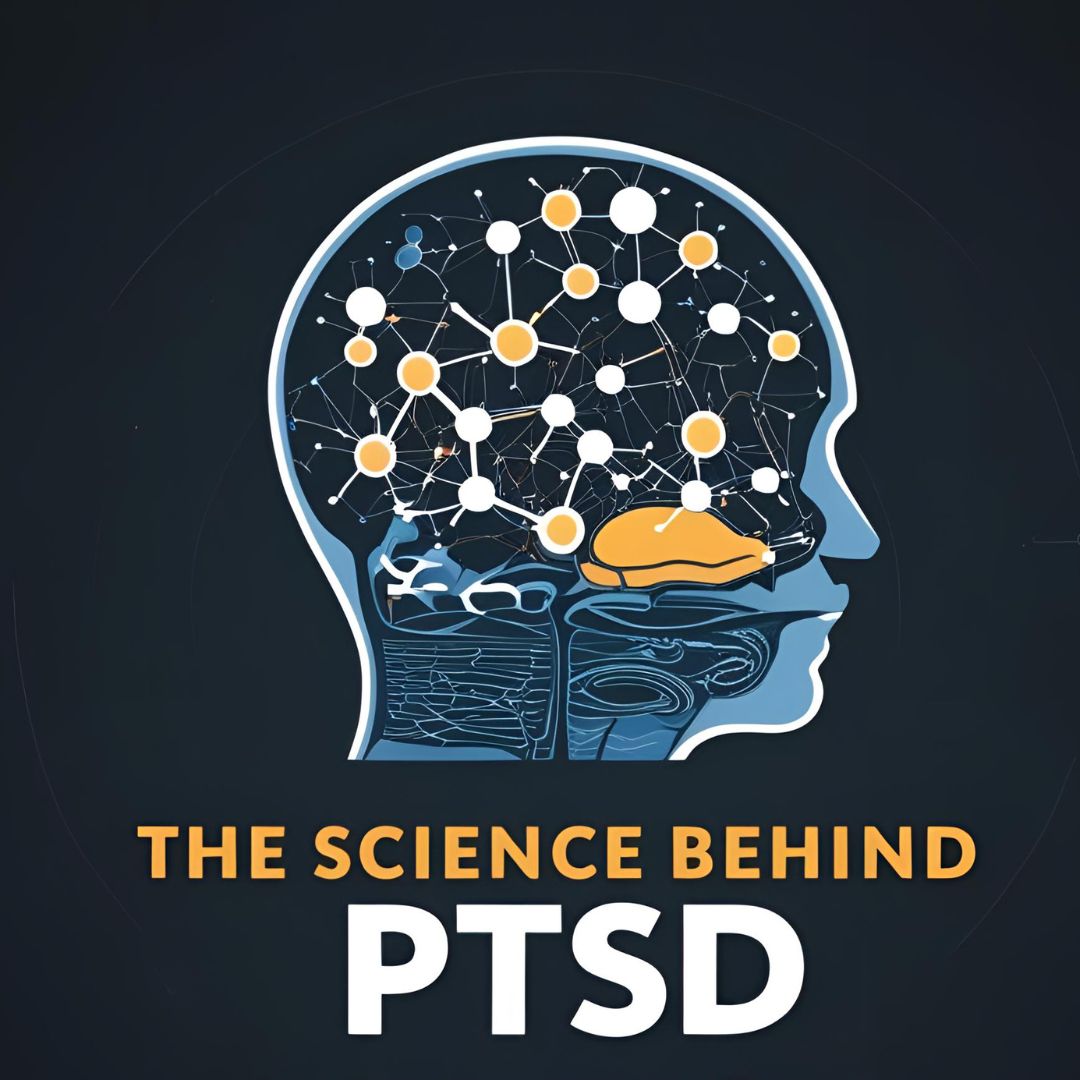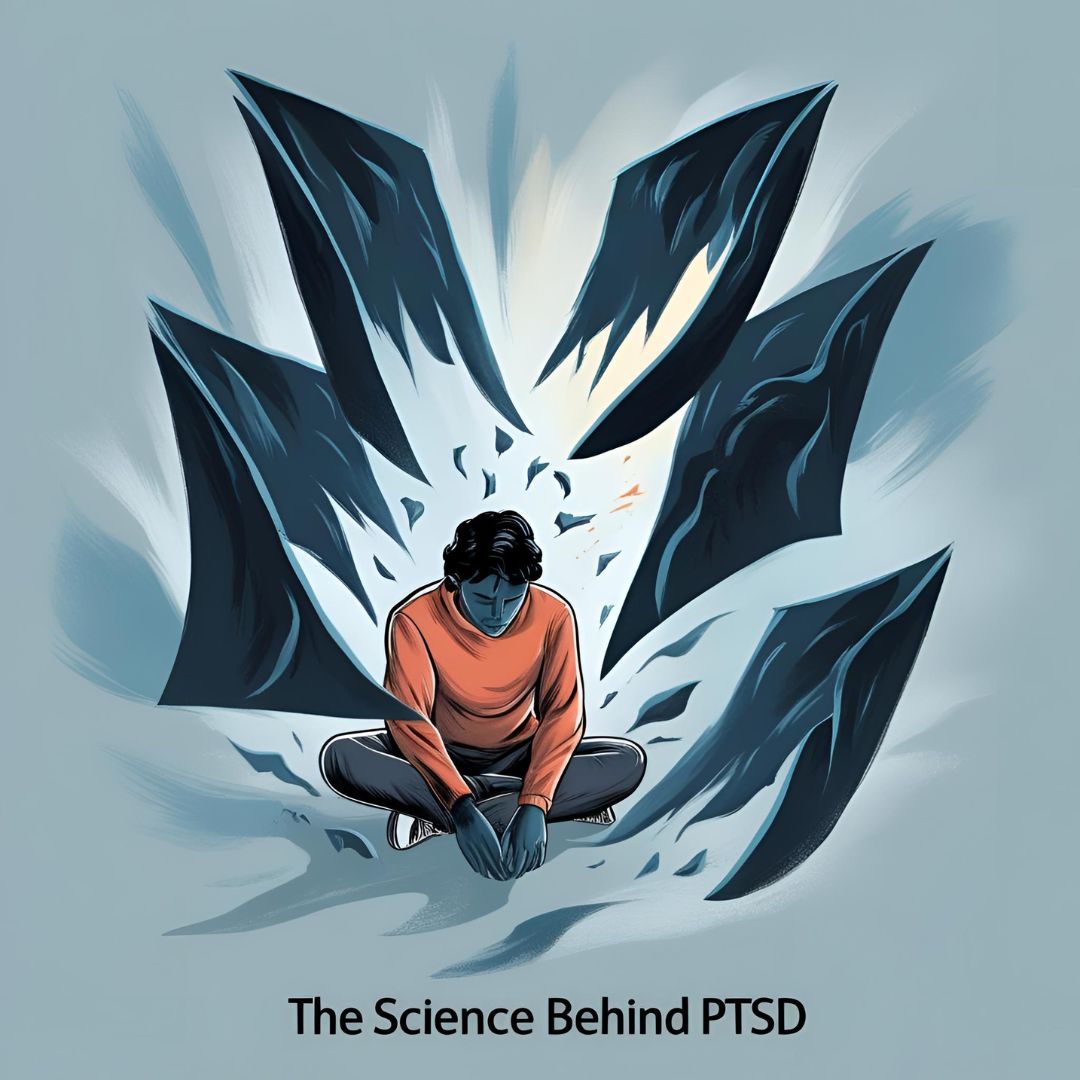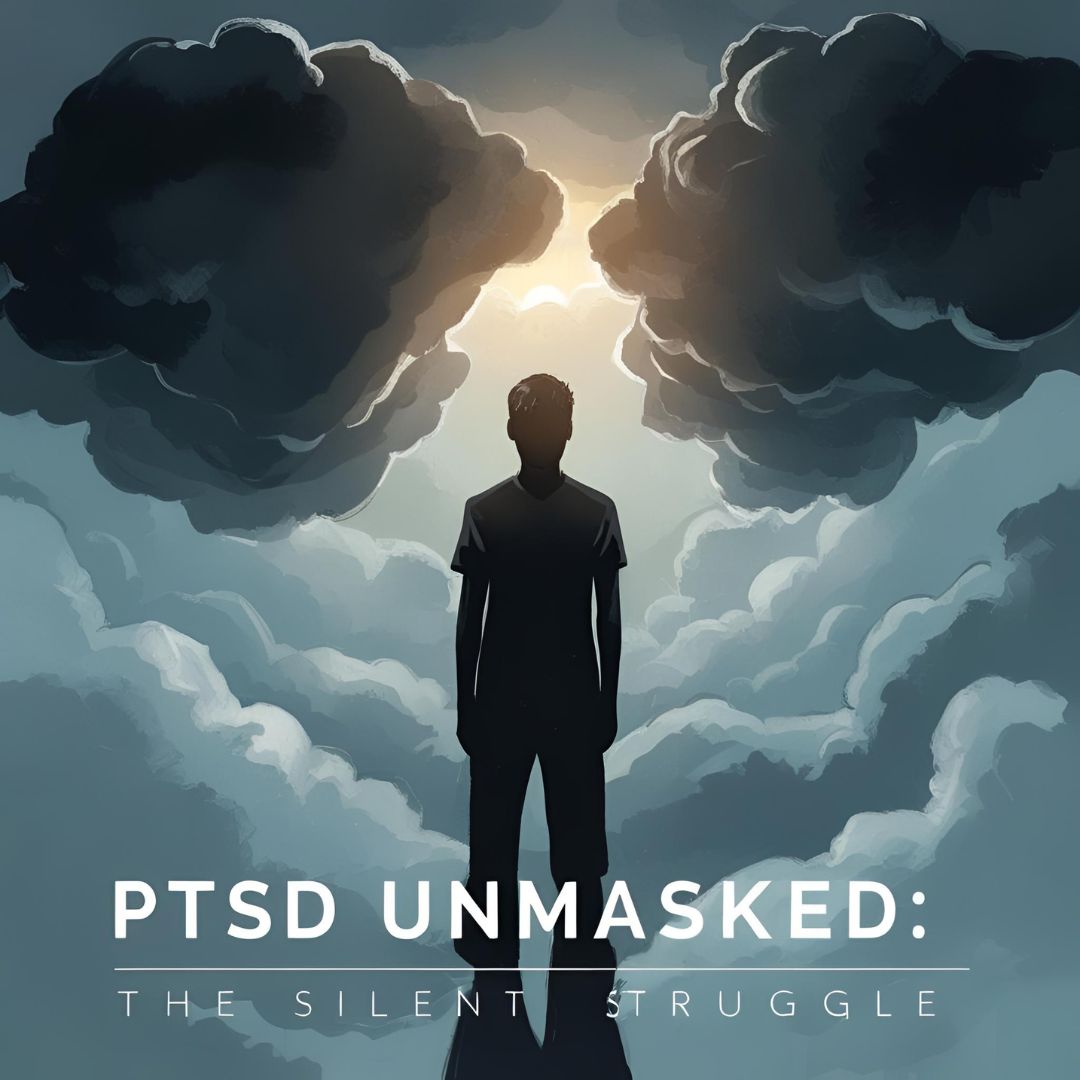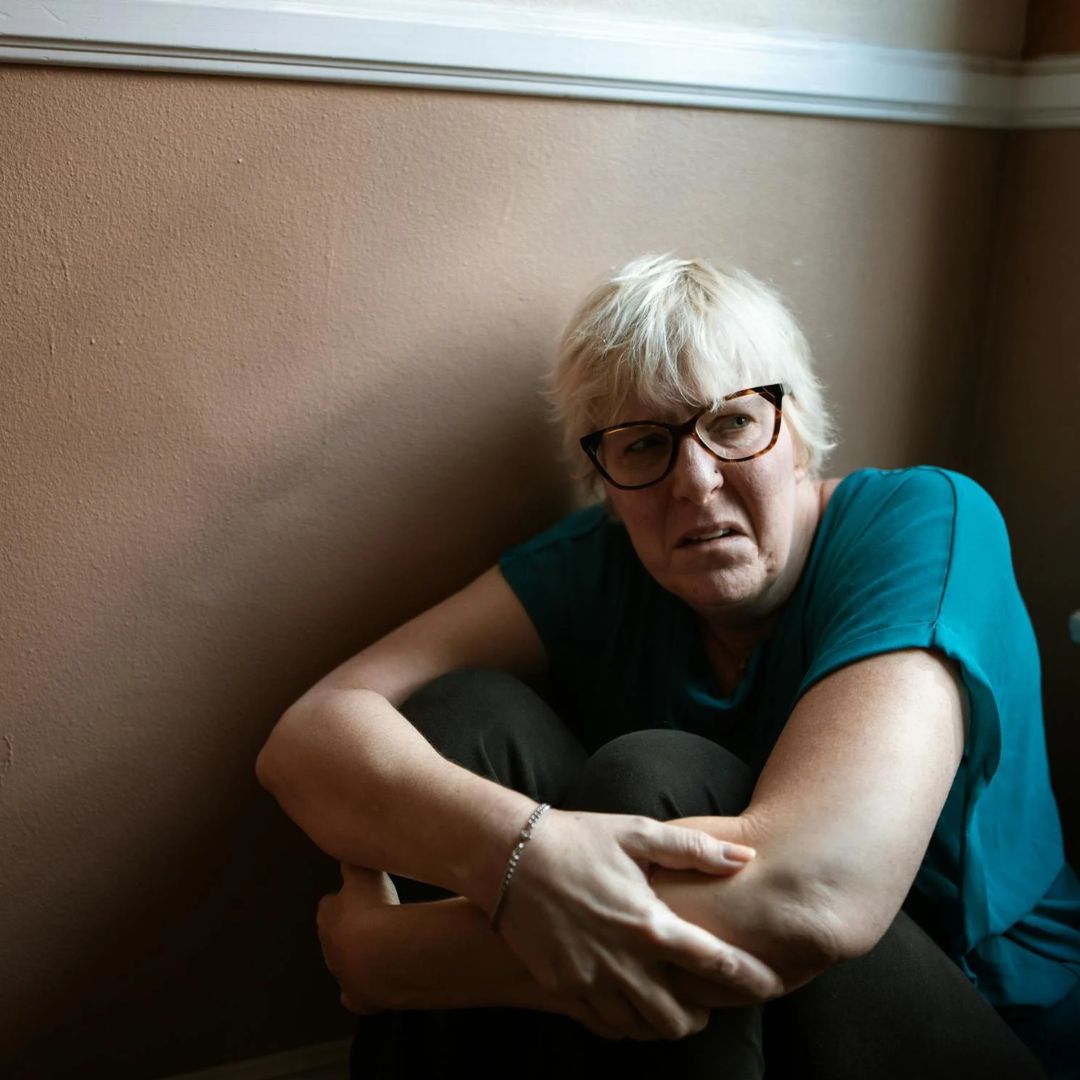LifeHetu
31 Mar 25 11:30 am
The Science Behind PTSD - Why Your Brain Feels Stuck in the Past
Discover the neuroscience behind PTSD, how trauma reshapes the brain, and why online counselling services and virtual therapy can help rewire the mind for recovery.

****
Introduction
“I thought I had moved on—until a simple scent took me right back.”
Aparna, a 28-year-old journalist from Delhi, had spent years trying to forget the night she survived an armed robbery. But one evening, the scent of a stranger’s cologne at a metro station triggered a wave of fear, making her heart pound uncontrollably. Despite being safe, her body reacted as if the danger was happening all over again. This is the brutal reality of Post-Traumatic Stress Disorder (PTSD).
PTSD is not just a psychological struggle; it is deeply rooted in the brain’s wiring. Millions of people silently experience PTSD, their minds hijacked by past trauma. Fortunately, with increased mental health awareness and access to the best psychologists in India through online counselling services, effective healing is possible.
What is PTSD?
PTSD is a mental health condition triggered by witnessing or experiencing a traumatic event. It disrupts the brain’s ability to process memories, leading to intense flashbacks, anxiety, and emotional numbness.
Studies published in the Indian Journal of Psychiatry reveal that PTSD affects individuals of all ages, with adolescents particularly vulnerable. And the diagnosis of what is Post Traumatic Stress Disorder (PTSD) has changed over the years as we have gained a better understanding of the stress response and its long-term impact on our mind and body. However, due to stigma and lack of awareness, many cases remain undiagnosed, leaving sufferers without the professional help they need.
With virtual therapy, PTSD patients can now connect with specialists from LifeHetu, a trusted platform offering online counselling services tailored for trauma recovery.

The Neuroscience of PTSD: What Happens in Your Brain?
PTSD is not just a psychological condition—it alters brain function. Posttraumatic stress disorder (PTSD) has been impacting the functioning of a large number of people in military activities and victims of violence for many generations. Three key areas are impacted:
- Amygdala: The Fear Centre
This almond-shaped part of the brain is responsible for processing fear and danger. In PTSD patients, the amygdala remains hyperactive, triggering intense emotional reactions even in safe situations.
- Hippocampus: The Memory Regulator
The hippocampus helps distinguish between past and present threats. PTSD shrinks this structure, making traumatic memories feel fresh and real, leading to flashbacks and nightmares.
- Prefrontal Cortex: The Rational Thinker
This part of the brain is responsible for decision-making and emotional regulation. In PTSD patients, it becomes underactive, making it harder to rationalize fears and control anxiety.
Understanding these brain changes explains why PTSD sufferers feel “stuck in the past” and why professional intervention, including virtual therapy, is crucial for recovery.
How PTSD Affects Daily Life
PTSD manifests in ways beyond flashbacks. It deeply impacts emotional well-being and daily functioning.
- Emotional Dysregulation
- Mood swings, irritability, and difficulty expressing emotions.
- Avoidance Behaviour
- Steering clear of places, people, or topics that may trigger trauma.
- Hypervigilance
- Always feeling on edge, being easily startled, or struggling with sleep.
- Memory & Concentration Issues
- Difficulty focusing, making decisions, or remembering important details.
If these symptoms persist, online counselling services from platforms like LifeHetu can help with structured therapy and expert guidance.
Healing from PTSD: How to Rewire the Brain
While PTSD rewires the brain in distressing ways, it is possible to retrain it for healing. The key lies in neuroplasticity—the brain’s ability to form new neural connections.
- Trauma-Focused Therapy
- Cognitive Behavioural Therapy (CBT) and Eye Movement Desensitization and Reprocessing (EMDR) have shown significant success in rewiring trauma responses.
- **Studies** suggest that therapy promotes hippocampal growth, improving memory regulation.
- Grounding Techniques
- Breathing exercises (Pranayama) to calm the nervous system.
- Mindfulness & meditation to regain control over intrusive thoughts.
- Journaling to process emotions constructively.
- Holistic Healing Methods
- Yoga & Ayurveda have been used for centuries in India to manage mental health.
- Herbs like Ashwagandha have adaptogenic properties that help regulate stress hormones.
- Community Support & Virtual Therapy
- Joining PTSD support groups fosters a sense of belonging and shared healing.
- LifeHetu’s online counselling services provide safe spaces to discuss trauma without stigma.
Why PTSD Conversations Matter
If PTSD were treated like any other medical condition, many more individuals would seek help without shame. Conversations about trauma need to happen beyond therapy rooms—at schools, workplaces, and within families.
- Schools should incorporate mental health education alongside physical health.
- Workplaces must provide mental health leave and therapy resources.
- Families should support loved ones without judgment, encouraging virtual therapy when needed.
By raising awareness, we can break the silence surrounding PTSD and ensure that those suffering receive the professional help they deserve.
A Message to Those Struggling
If PTSD is making you feel stuck in the past, remember—you are not alone. Healing is possible, and every step forward is a victory.
Through the power of online counselling services provided through platforms** like **LifeHetu****, therapy, and holistic healing, you can regain control over your mind and life. The past may have shaped you, but it does not define you. Seeking help is the first step toward freedom.
Sources
- A Review of PTSD and Current Treatment Strategies. Retrieved from https://pmc.ncbi.nlm.nih.gov/articles/PMC8672952/
- Psychological Interventions for Post-traumatic Stress Disorder as a Primary Diagnosis Among Adolescents. Retrieved from https://journals.sagepub.com/doi/full/10.1177/02537176241255643
- Neurobiological Features of Posttraumatic Stress Disorder (PTSD) and Their Role in Understanding Adaptive Behavior and Stress Resilience. Retrieved from https://pmc.ncbi.nlm.nih.gov/articles/PMC9407950/
- A Systematic Chart Review of Adults with Post-Traumatic Stress Disorder. Retrieved from https://pmc.ncbi.nlm.nih.gov/articles/PMC9301746/
Related Reads. Similar Blogs to Check Out.


